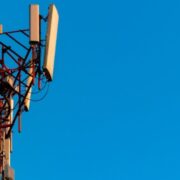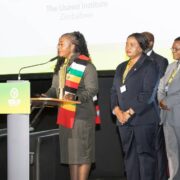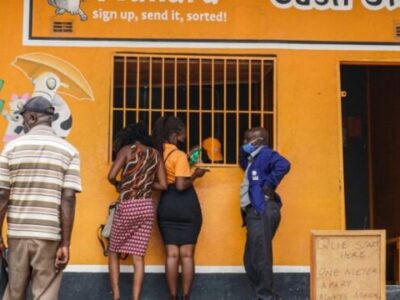Image Box Title
Change this description

South African Minister of Communications and Digital Technologies Khumbudzo Ntshavheni, was caught offside after
The Pretoria High Court ruled that South Africa must delay switching off old analogue TV broadcasts from 31 March to 30 June 2022.
While technically a victory for E-tv owner eMedia against communications minister Khumbudzo Ntshavheni, it is a hollow win for the broadcaster.
E-tv had hoped to delay the analogue TV migration to between January and April 2023.
The court also ordered E-tv to pay 50% of the minister’s legal costs, and the entire legal bills of the Independent Communications Authority of South Africa (Icasa) and Vodacom.
Icasa had also announced yesterday that it was giving broadcasters and mobile network operators until 30 June to vacate the radio frequency bands in question.
Therefore, E-tv’s court win has not altered what would have happened anyway.
The industry regulator had declared 1 April to 30 June a “transition period”.
This would give operators enough time to migrate out of spectrum bands Icasa had provisionally assigned.
Operators had been using this temporary spectrum to help bolster the capacity of their networks during the Covid–19 pandemic.
One of the benefits of South Africa’s migration from analogue to digital terrestrial TV broadcasts is that it would free up frequencies operators could use in cellular networks.
This old analogue TV spectrum is attractive for mobile networks, as it uses lower frequencies than South Africa’s cellular networks currently have.
Lower frequencies provide greater coverage per cell and offer better penetration through walls.
However, free-to-air broadcasters have argued that “rushing” South Africa’s analogue switch-off to free up these frequencies would leave millions of households without access to TV.
The High Court ruled that government must install decoder-like set-top boxes for 507,000 households by 30 June, News24 reported.
These set-top boxes convert digital signals for older TV sets that can only receive analogue broadcasts.
The households in question are indigent, earn less than R3,500 per month, and qualify to receive government-subsidised boxes.
They registered to receive a set-top box before government’s 31 October 2021 deadline.
In addition to these households, there is another 261,000 who registered after the deadline. The court ruled that they must receive their boxes by 30 September.
The court also ruled that the government had done enough, within its powers, to help qualifying households obtain a set-top box.
“It is in the interest of the country, the economy, and for South Africans in general that the digital migration be finalised,” the ruling stated.












Comments